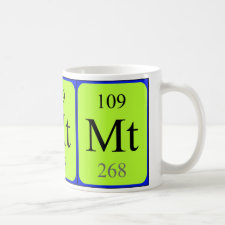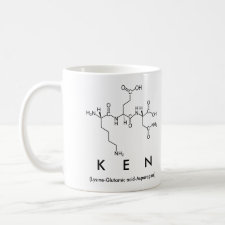
Authors: Wu XY, Shimizu KD
Article Title: Development of molecularly imprinted polymers as tailored templates for the solid-state [2+2] photodimerization.
Publication date: 2009
Journal: Biosensors and Bioelectronics
Volume: 25
Issue: (3)
Page numbers: 640-646.
DOI: 10.1016/j.bios.2009.01.038
Alternative URL: http://www.sciencedirect.com/science/article/B6TFC-4VJ04SD-2/2/ac3a8eee183516098727ca5f9e528356
Abstract: In this study, a molecularly imprinted polymer (MIP) was prepared to selectively template the [2+2] photodimerization of trans-1,2-bis(4-pyridyl)ethylene. First, an MIP selective for rctt-tetrakis(4-pyridyl)cyclobutane, which is the [2+2] photodimerization product of trans-1,2-bis(4-pyridyl)ethylene, was prepared from methacrylic acid (MAA) and ethylene glycol dimethacrylate (EGDMA). The non-covalent MIP showed enhanced affinity for both the templating agent, rctt-tetrakis(4-pyridyl)cyclobutane, and the alkene precursor, trans-1,2-bis(4-pyridyl)ethylene. The solid-state photodimerization reaction proceeded in significantly higher yields in the presence of the MIP. Control reactions carried out in the absence of polymer gave no product, and reactions carried out in the presence of a non-imprinted polymer and an MIP imprinted with a different template, 3-hydroxymethylpyridine, gave much lower yields of the cyclobutane photodimerization product. The outcome of the MIP-templated photodimerization reaction was strongly influenced by the binding site heterogeneity of the non-covalently imprinted polymers. For example, higher yields were observed with decreasing olefin loadings levels on the MIPs. This binding site heterogeneity was characterized via application of the Freundlich binding model to the experimentally measured binding isotherms. These confirmed that the non-covalent MIPs had very few high-affinity binding sites, which greatly limits the capacity and ultimately the utility of these materials as templates in synthetic organic applications
Template and target information: rctt-tetrakis(4-pyridyl)cyclobutane
Author keywords: molecularly imprinted polymer, Templated reaction, [2+2] photodimerization



Join the Society for Molecular Imprinting

New items RSS feed
Sign-up for e-mail updates:
Choose between receiving an occasional newsletter or more frequent e-mail alerts.
Click here to go to the sign-up page.
Is your name elemental or peptidic? Enter your name and find out by clicking either of the buttons below!
Other products you may like:
 MIPdatabase
MIPdatabase









